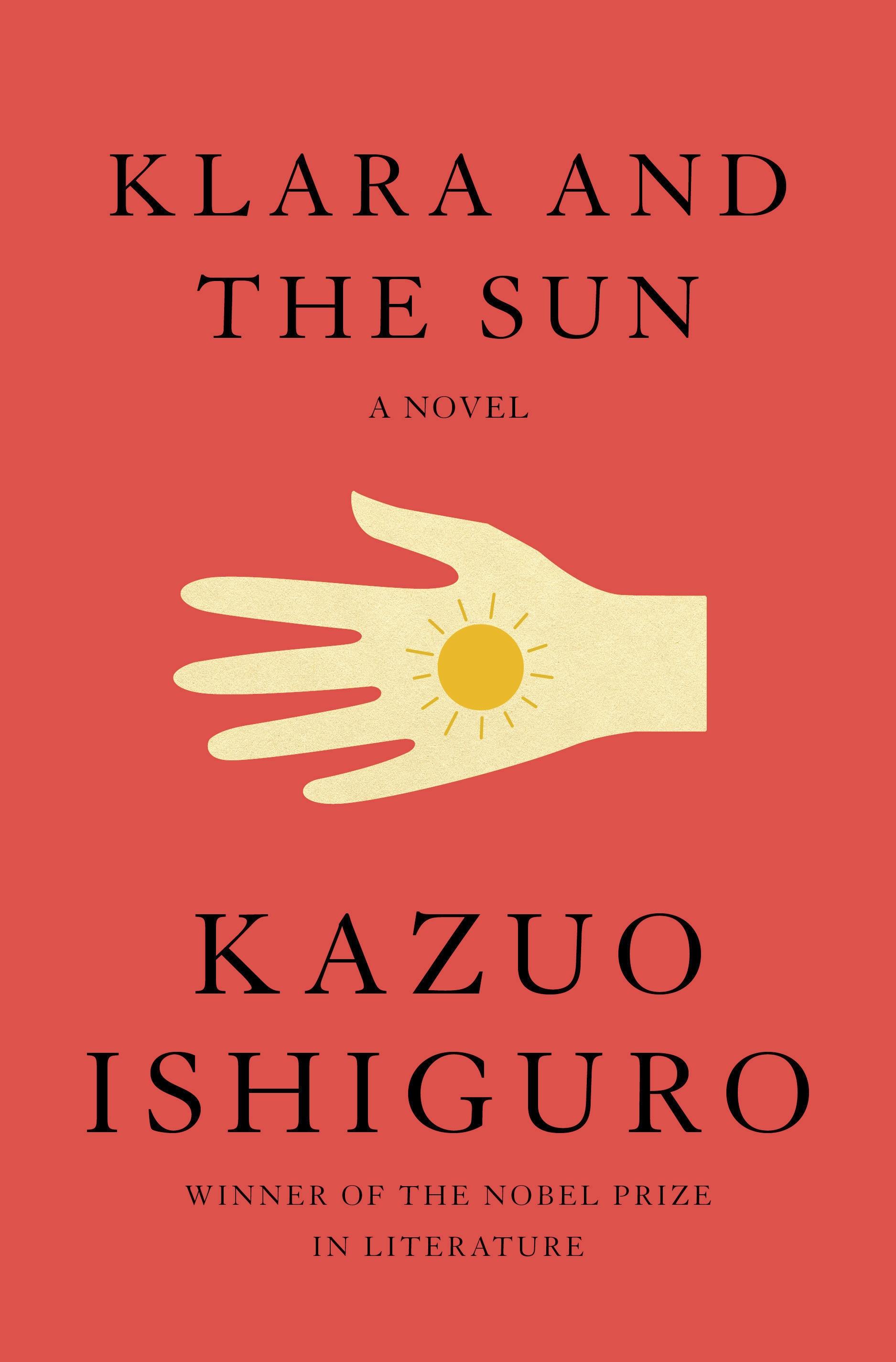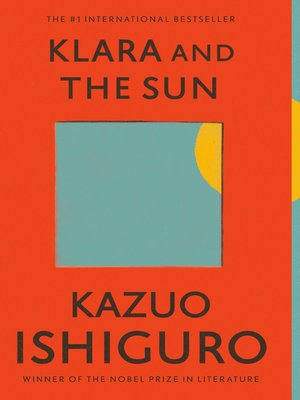



It does becomes clear, but this slow tease is essential to Ishiguro’s vision, which is radical among contemporary novelists. It’s all very mysterious, this superstructure of society just beyond the reader’s eyeline. But the narrative gives Klara no reason to provide the exposition we want: what year it is, what nation we are in (there are clues that it’s the United States, new territory for an Ishiguro novel), the specifics that clarify this invented world to be a version of our own-the very promise of science fiction. Accustomed to negotiating with Ishiguro’s narrators, I kept trying to see past Klara and into the world of the book. Her lack of interiority will prevent some readers from engaging with the book those who want a novel that makes them feel will be stymied by emotion’s absence. We pity Stevens but can never quite muster the same for Klara. Klara’s cool remove from human emotion isn’t a shortcoming but a function of her being a machine. Klara is a machine, but she’s also a contrivance, the perfect metaphor for parenthood. But I don’t think Klara aims to wrestle with these questions at all. That this novel serves up these bigger questions so explicitly feels at first like a miscalculation, or a flaw in the narrative design, which locks us in Klara’s perspective. Her owner grapples with the ramifications of choosing to have her own children genetically modified in order to enhance their potential. Klara inspires the humans in the book to muse about whether science can transcend death. Though much is familiar here-the restrained language, the under-stated first-person narration-the new book is much more overt than its predecessors about its concerns. Most of Ishiguro’s novels are slender books that are more complicated than they at first seem Klara and the Sun is by contrast more simple than it seems, less novel than parable. Few writers who’ve ever lived have been able to create moods of transience, loss and existential self-doubt as Ishiguro has - not art about the feelings, but the feelings themselves. But these minor criticisms glance off Ishiguro’s work like bullets off the hull of a battleship. And he’s never been strong with dialogue (his books are so profoundly interior). a distinctly 'mature' novel - as assured as ever, but slapdash in places compared to the author’s meticulous earlier work. With just a few words he creates ambiguities that make most of his books feverish reads, one-sitters. Ishiguro’s best books are hard to summarize with any justice past the first hundred pages because, like a handful of other great writers - Louise Erdrich, Dostoevsky - he is almost incidentally one of the best pure mystery novelists around. an unequivocal return to form, a meditation in the subtlest shades on the subject of whether our species will be able to live with everything it has created.


 0 kommentar(er)
0 kommentar(er)
